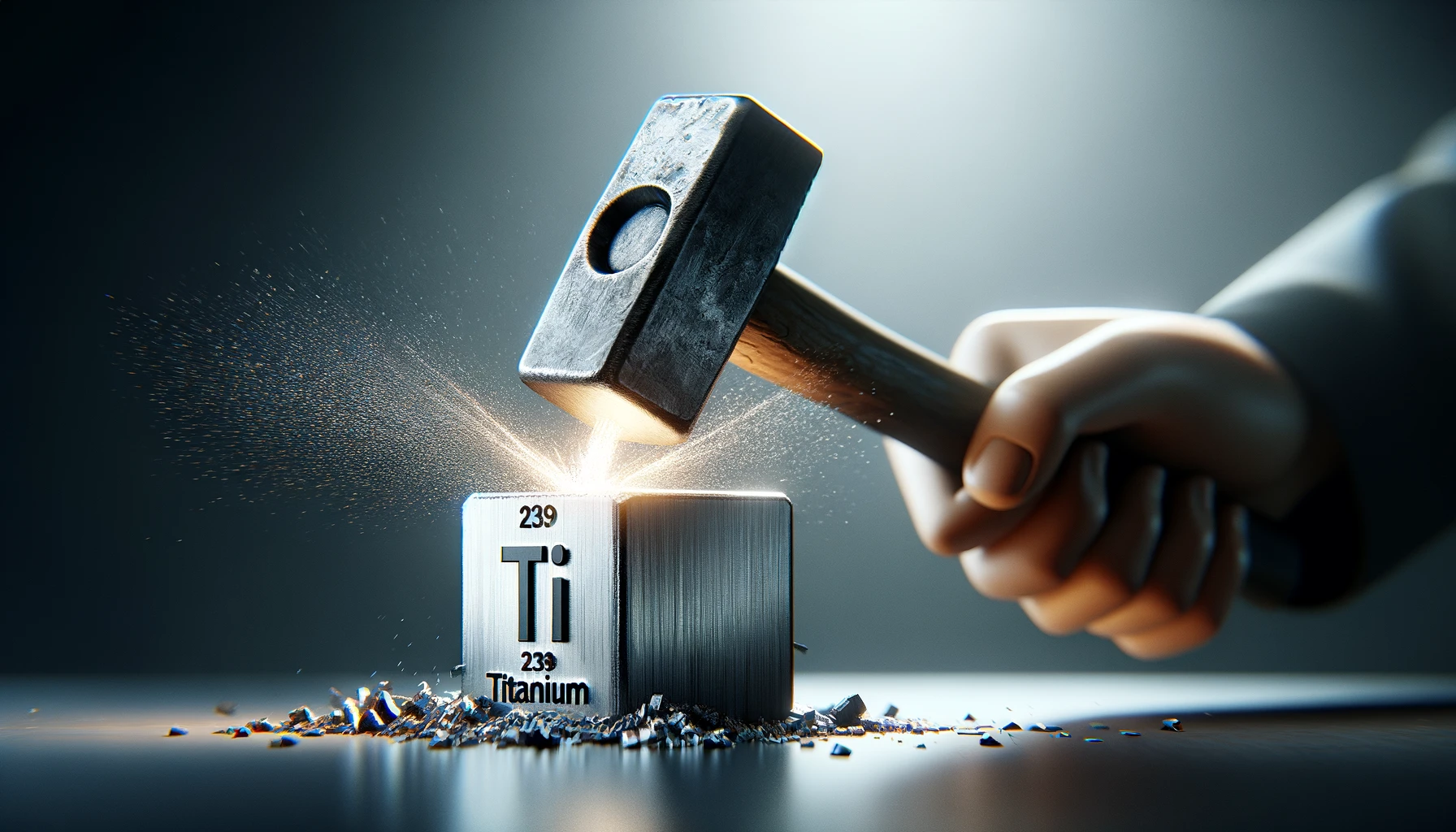Check out this answer from Consensus:
Titanium’s unique combination of high strength, low density, excellent corrosion resistance, and biocompatibility makes it one of the most versatile and valuable metals in various high-performance applications. While it may not be the “toughest” metal in every context, its properties make it exceptionally well-suited for aerospace, medical, and dental uses. Therefore, titanium can be considered one of the toughest metals, particularly when considering its strength-to-weight ratio and overall performance in demanding environments.
Titanium is a metal that has garnered significant attention across various industries due to its unique properties. Known for its high strength-to-weight ratio, excellent corrosion resistance, and biocompatibility, titanium and its alloys are widely used in aerospace, medical, and dental applications. This article explores whether titanium can be considered the toughest metal by examining its properties and comparing it to other materials.
Properties of Titanium
Titanium is renowned for its exceptional properties, which make it a preferred material in many high-performance applications. One of the most notable characteristics of titanium is its high strength-to-weight ratio. With a density of 4.5g/cm³, titanium alloys are about half as heavy as steel or nickel-based superalloys, yet they offer comparable strength1. This makes titanium particularly valuable in the aerospace industry, where reducing weight without compromising strength is crucial.
Aerospace Applications
Titanium’s use in aerospace is well-documented. Its excellent strength-to-weight ratio and corrosion resistance make it ideal for various components, including airframes, engines, helicopters, and space applications1. The alloy Ti-10V-2Fe-3Al, for instance, has been shown to have higher strength and fatigue resistance than other commercially available titanium alloys, making it suitable for high-stress environments2.
Medical and Dental Applications
Beyond aerospace, titanium’s biocompatibility and corrosion resistance have made it a material of choice in the medical and dental fields. Titanium and its alloys are used in implants and restorative castings due to their excellent biocompatibility and ease of shaping and finishing3. The material’s ability to withstand the biological environment without corroding further enhances its suitability for medical applications4.
Comparison with Other Metals
While titanium is undoubtedly strong and versatile, it is essential to compare it with other metals to determine if it is the toughest. Titanium is as strong as some steels but only half as dense, giving it a significant advantage in applications where weight is a critical factor5. However, toughness is not solely about strength; it also involves the material’s ability to absorb energy and resist fracture. In this regard, titanium alloys like Ti-10V-2Fe-3Al have shown adequate fracture toughness and stress corrosion resistance, making them competitive with high-strength steels2.
